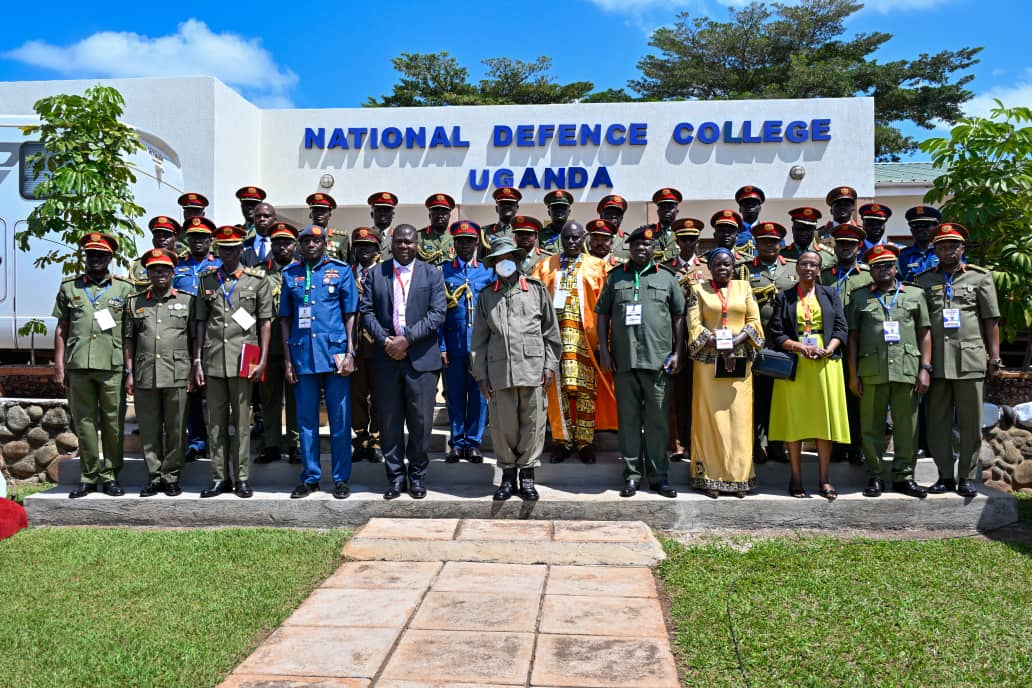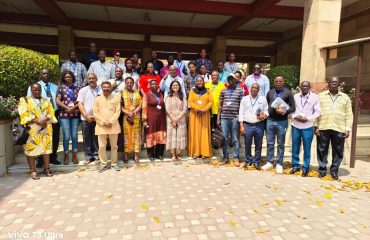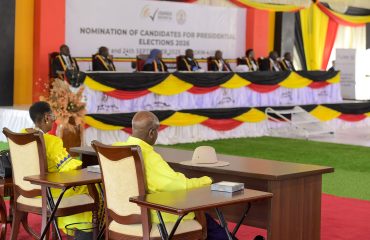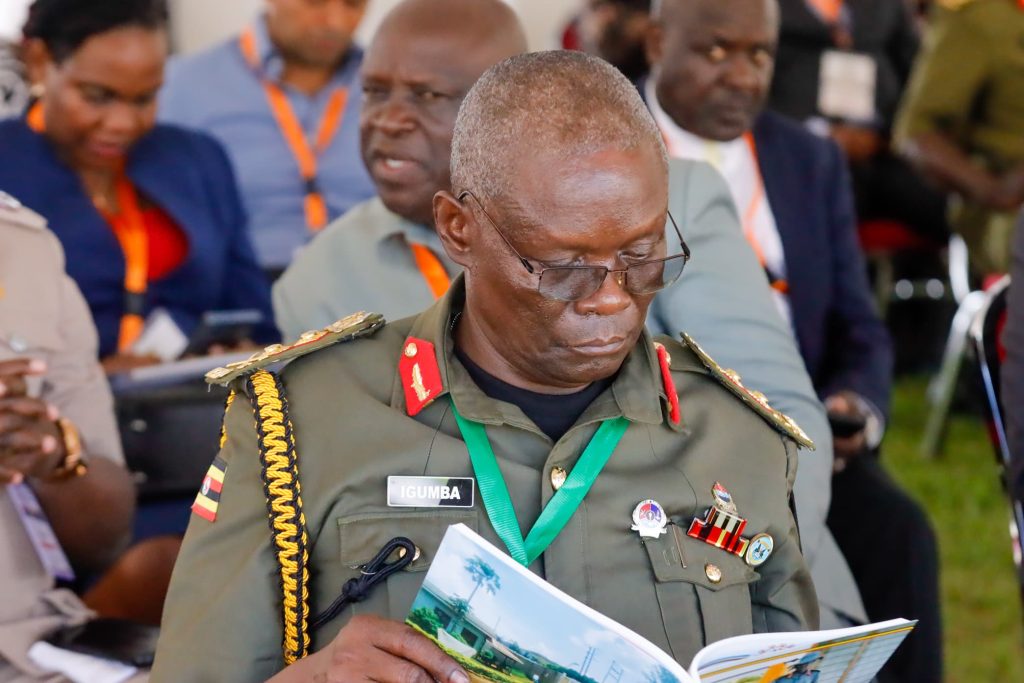
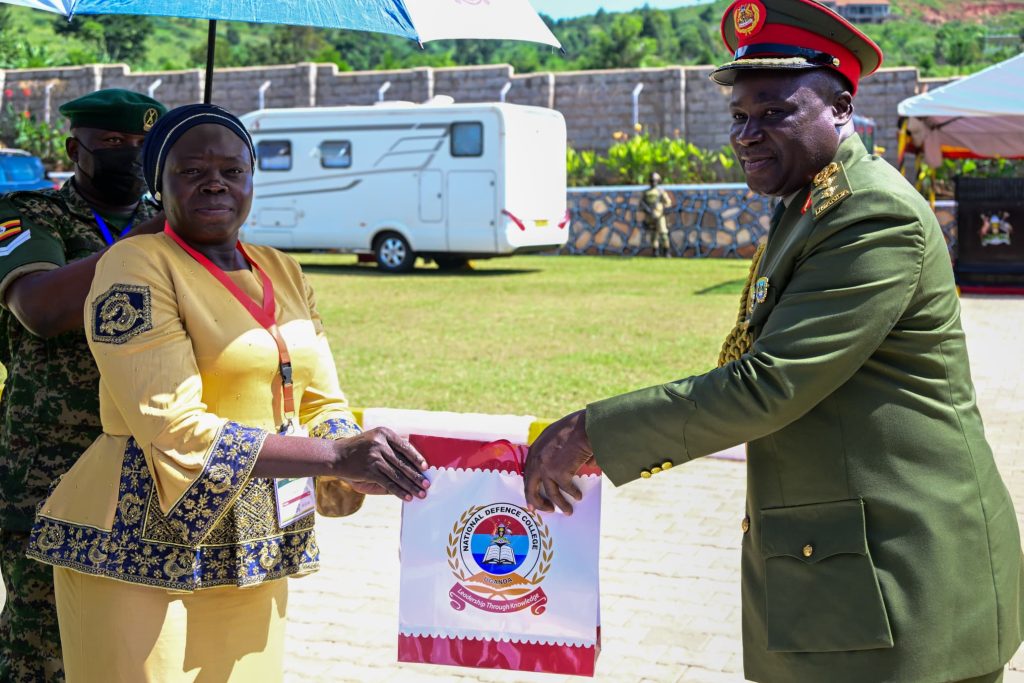
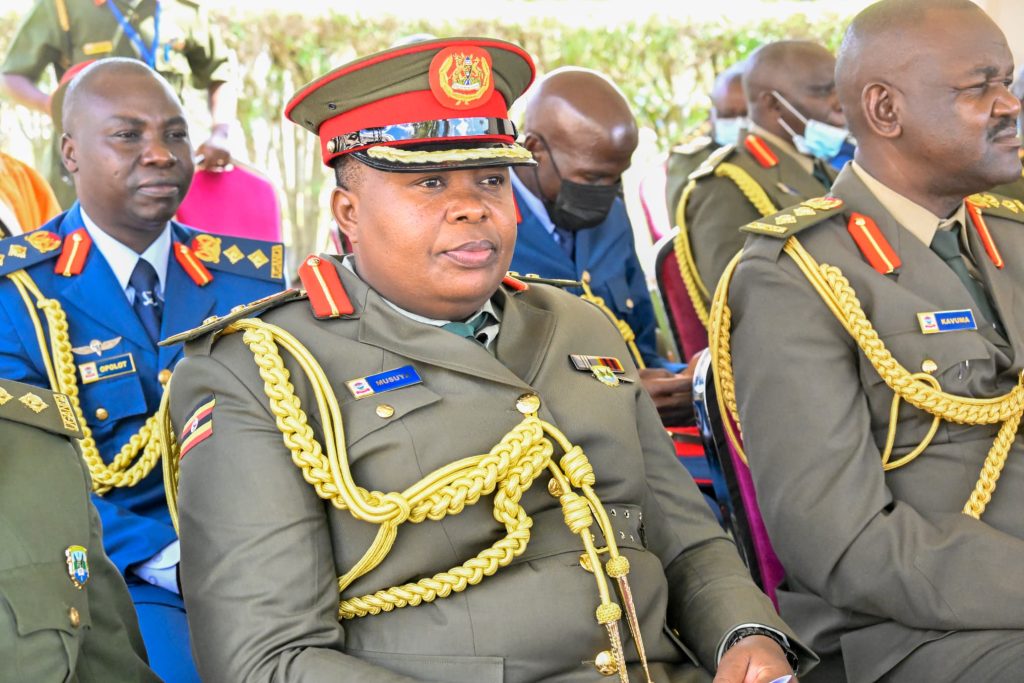
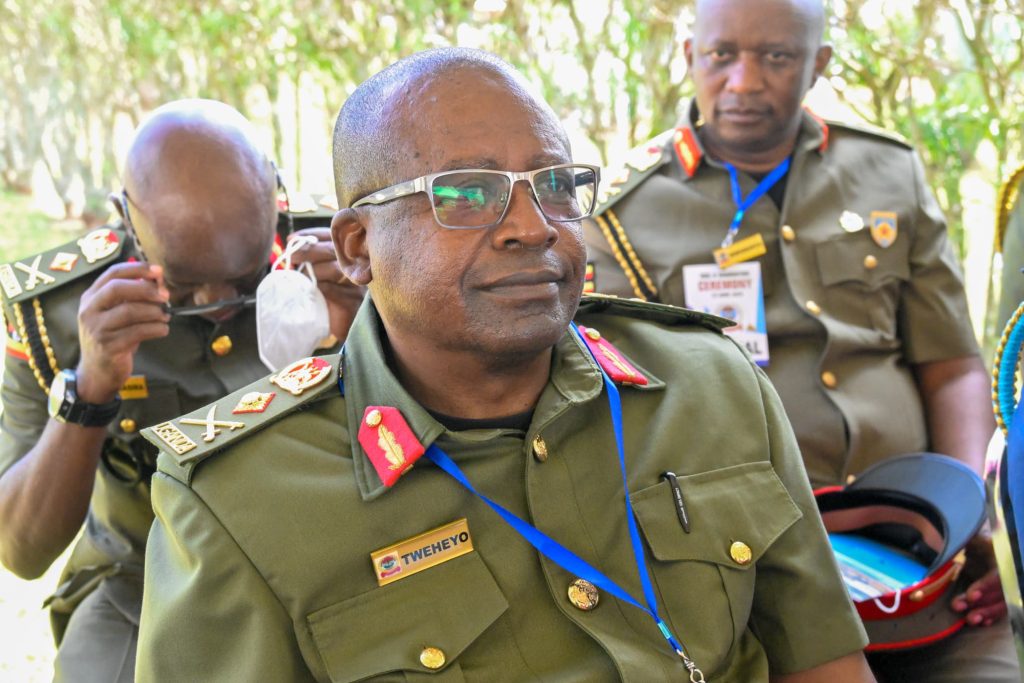
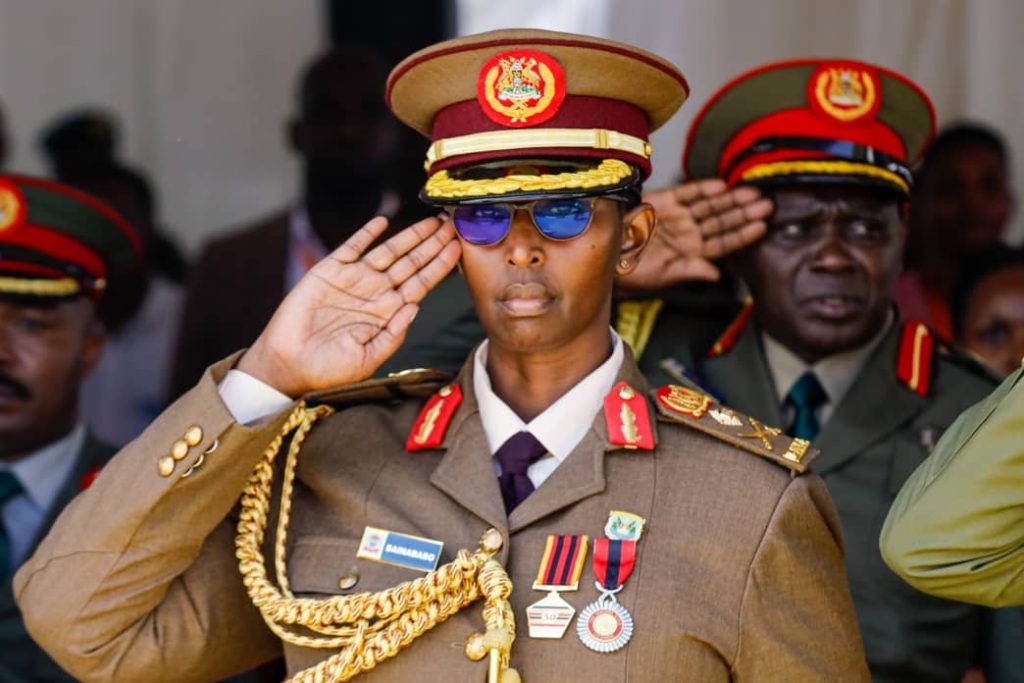
President Yoweri Kaguta Museveni has urged the Uganda People’s Defence Forces (UPDF) to prioritise long-term strategic leadership development to secure Uganda’s future stability and regional relevance.
Speaking at the graduation ceremony of the second cohort of senior officers at the National Defence College (NDC) in Njeru, Buikwe District, the President commended the College for grooming high-level military thinkers and described the institution as “a strategic step in professionalising Uganda’s military leadership.”
“I congratulate the graduates, the instructors, and the UPDF leadership for finally doing the right thing for Uganda by investing in long-term leadership. For decades, Africa’s militaries suffered because we lacked strategic thinkers,” President Museveni said.
He cautioned against past leadership mistakes where armies were built without ideological grounding or integration with national development goals. Citing the colonial and post-independence eras, Museveni noted that Uganda’s early military leadership was ill-prepared for strategic governance.
“In the past, the army was like ‘okononesa”- half-cooked food. Soldiers were trained to fight, but not to think. That is why regimes like Amin’s collapsed so easily,” he said. “Now, we want soldiers who can plan beyond the battlefield, who understand the economy, politics, society, and regional dynamics.”
The National Defence College, launched in 2022, is Uganda’s highest military institution and admits senior officers for advanced studies in national and regional security, defence strategy, and policy formulation.
The Commandant of the College, Maj Gen Francis Okello, praised the graduates for their discipline and analytical maturity. “These officers are not just military tacticians; they are now strategic thinkers. They are ready to advise on national security, shape defence policy, and engage with civilian leadership on complex issues,” he said.
The guest of honour and Minister of Defence and Veteran Affairs, Hon. Jacob Oboth Oboth, described the college as a critical pillar in Uganda’s defence posture. “We are equipping our military leadership to understand not just warfare, but governance, geopolitics, diplomacy, and the economy,” he said. He reaffirmed the government’s commitment to strengthening institutions like the NDC and integrating military knowledge into national planning.
One of the graduates, Brig Gen Harriet Musinguzi, said the course had transformed her understanding of defence and diplomacy. “We’ve learned that true national security doesn’t come from firepower alone. It comes from aligning military strategy with development, governance, and foreign policy,” she said.
The Chief of Defence Forces was represented at the event by Lt Gen Sam Okiding, who emphasised the importance of African-led defence education. “Our challenges are unique, and our solutions must come from within. We cannot continue to rely entirely on foreign doctrines,” he said.
President Museveni called on the College to reintroduce the Combined Arms Course, which integrates infantry, air, artillery, and intelligence operations, ensuring its curriculum remains rooted in Uganda and Africa’s realities. The President also highlighted Uganda’s regional contributions to peace missions in Somalia, South Sudan, and the DRC as evidence of the UPDF’s growing strategic capacity.
“Unlike in the past, Uganda now can defend itself and support others without relying on foreign donors. This has been possible because we built a self-reliant, ideologically grounded army,” he concluded.
Ministers, senior government officials, members of the diplomatic corps, and representatives of regional defence institutions attended the ceremony.

